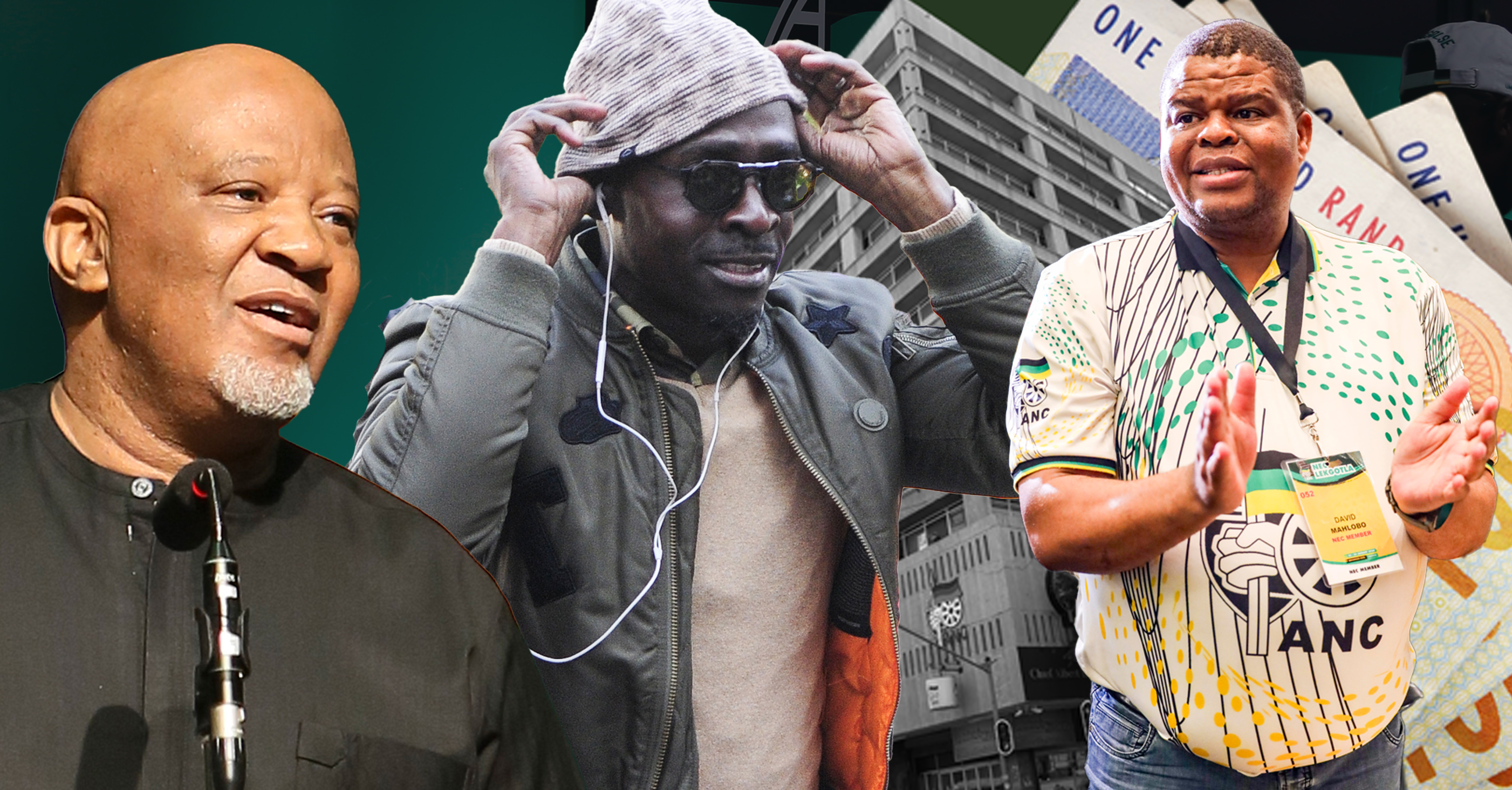On Monday, Scorpio’s Pieter-Louis Myburgh published a report showing what appears to be more corruption in the National Department of Health (NDoH), involving the Independent Development Trust, regarding the procurement of oxygen plants.
Read more: ‘Ghost company’ bags R428m oxygen plants tender for state hospitals
From what is publicly known, these events follow a similar pattern.
A company with virtually no public presence is chosen to provide a particular service, the value of the contract is dramatically inflated from its original price, the NDoH refuses to answer direct questions and the people who own the company avoid making any kind of comment.
If the owners of the company, the NDoH, the Independent Development Trust or any of the other roleplayers in this gave a full explanation for their decisions, the story would be completely different.
Instead, their silence speaks for itself.
If there is large-scale corruption involved in this deal it would be no surprise.
It follows the Digital Vibes scandal and the looting of Tembisa Hospital, with virtually no consequences for those involved.
In the case of Digital Vibes, the person at the centre of it, former health minister Zweli Mkhize, has not gone to prison. Rather, he challenged President Cyril Ramaphosa for the leadership of the ANC in December 2022. (That he won almost 1,900 votes from ANC delegates suggests that those delegates had no problem with the serious corruption claims against him).
At Tembisa Hospital, a situation was created that appears to have been deliberately engineered to ensure there was corruption.
First, Ashley Mthunzi (who has since died) was appointed irregularly as CEO of the hospital. Then, when Babita Deokaran started to blow the whistle, she was murdered.
Finally, after the public pressure grew too intense (largely through the reporting of News24’s Jeff Wicks, with the example of hundreds of thousands of rands spent on “skinny jeans” just being too absurd) Mthunzi was suspended.
His wife, Lerato Mthunzi, then used her leadership of the Young Nurses Indaba Trade Union to campaign against his suspension.
His disciplinary hearing was postponed endlessly and he died before there was a final verdict.
A failure to act
Of course, as has been oft-lamented on these pages, the ANC has simply failed to move against corruption.
The fact that Malusi Gigaba represents the party in Parliament, while David Mahlobo is still, inexplicably, a deputy minister in Ramaphosa’s Cabinet (despite Ramaphosa’s own stated commitment to renewal) shows the party is very much still enabling corruption.
This may well inform the City Press report at the weekend about a “confidential” document discussed at the ANC’s National Executive Committee (NEC) meeting.
This document reportedly laments, “The corruption robs our people of billions that could be used for their benefit.”
It says the party’s leadership structures do not act against corrupt leaders, “either because they lack the means or the will, or are themselves held hostage by them”.
There is a long history of such documents that are discussed by the NEC. Often, the documents are startlingly honest. To the ANC’s eternal credit, such public “discussion documents” prepared ahead of conferences often give a proper assessment of the situation.
However, despite this tradition, they are almost always ignored.
BusinessLIVE reported that this weekend’s NEC meeting resolved to create an appeals mechanism for its Integrity Commission.
That is ludicrous. The Integrity Commission has been shown over the years to be utterly toothless. Allowing party members to appeal against its findings will only weaken a body that already has no impact in the party.
Besides, the NEC already has the final say over this commission’s resolutions, meaning disciplinary and integrity issues are already decided by a political body.
Dispensing patronage
All of this leads to the question, which has been asked many times, about whether the ANC is now a body kept together only by dispensing patronage.
Former deputy finance minister Mcebisi Jonas, a man who saw the dark heart of State Capture, discussed this issue during his address at the Kgalema Motlanthe Foundation Inclusive Growth Forum 2024 at the weekend.
He said, “Much will depend on the ANC’s leadership capacity and whether it is prepared to forego the party-state-business patronage systems upon which leadership campaigns at all levels have been built.”
Read more: Beyond the ballot — the Government of National Unity and global politics
This suggests that nothing has changed since Motlanthe, in his role as ANC secretary-general, said back in 2007: “The rot is across the board.”
The difference now is that voters see this.
That is why the ANC has lost so much support, which was dramatically evidenced in the general election this year.
All of this poses strategic questions for parties in coalition with the ANC.
The IFP and the DA would want to capitalise on the ANC’s weakness — something that has been a major plank of their strategies in the past.
They may now have to remain true to their constituencies by publicly demanding answers from the ANC about this latest tender scandal.
The leaders of these parties will also want to avoid any impression that their presence in the coalition is both keeping the ANC in power and enabling this kind of corruption.
There is a risk that their constituencies signal that the parties should stop working with the ANC.
However, the big issue is that millions, presumably billions of rands, are still being looted. And looted from the National Department of Health, of all institutions.
As Jon Foster-Pedly reminded us last week, white-collar crime such as this has very real consequences.
In this case, it is the patients who suffer when hospitals run out of money to practise normal procedures or even to buy food.
We, as a country, and the National Department of Health, should have known better. Much better. DM





